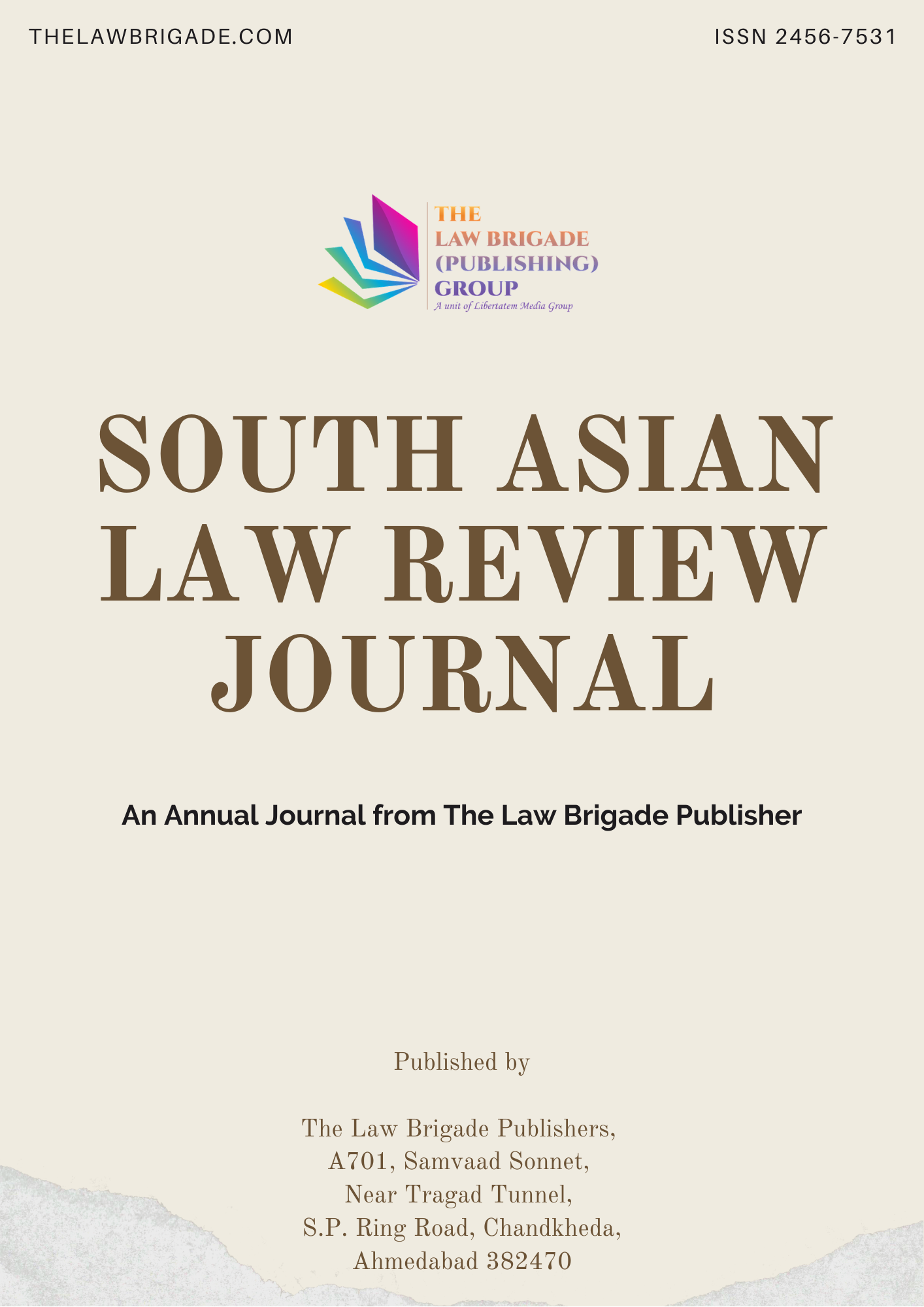Most democratic constitutions in the modern world limit powers of the executive and subject the state to the principles of democracy, human rights and good governance. On the other hand, the Court also has a role to play in ensuring that everyone within the state adheres to the rule of law. In discharging its primary function of administration of justice, the court must ensure that there is affordable access to justice to all, prevention of abuse of powers by any state machinery and the existence of equality before the law through fair and just legal procedure. This must be evidenced in both criminal and civil justice systems.
This paper presents a scholarly discussion on the role of the Court in Tanzania in enhancing the rule of law for national development. In the discussion, the author reflects on the government’s efforts in promoting the rule of law in Tanzania from the period after independence in 1961 to 1994 when the Bill of Rights was entrenched in the Constitution of the United Republic of Tanzania (1977) in 1984.[i] This presentation evaluates the role played by the Courts in upholding the rule of law in Tanzania for national development.[ii] The major focus is to assess how the Courts in Tanzania underscore the principles of human rights, access to justice, democracy, equality before the law and prevention of any abuse of powers by the state. Finally, the author presents the contribution of the courts in implementation of the Tanzania’s Development Vision 2025 in accordance with the principles of rule of law.
[i] See the Fifth Constitutional Amendment Act, No.15 of 1984.
[ii] In the ensuing discussion, the focus will be on the landmark decisions of the High Court and the Court of Appeal of Tanzania.





